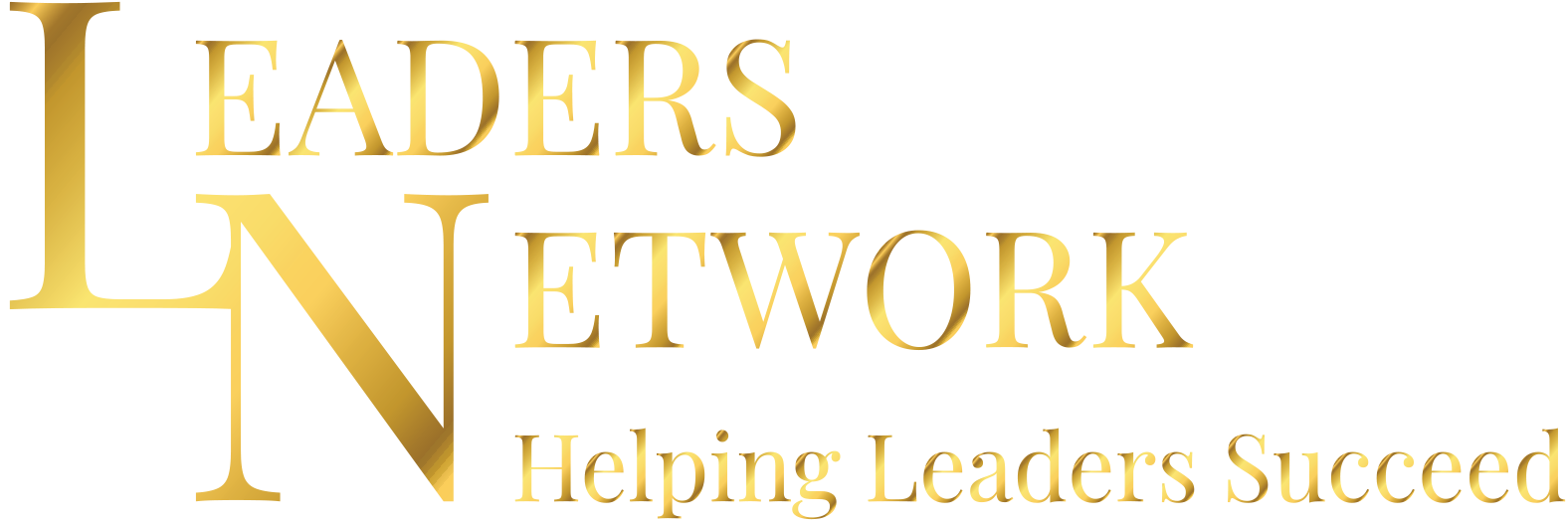Employee to Entrepreneur Mindset: How to Make the Leap
I used to think that being 'entrepreneurial' was a way of thinking and that it involved doing creative things and coming up with new ideas.

In some ways, it is this. However, I have now learned that being an 'entrepreneur' and 'entrepreneurial' is a way of being versus a way of doing. This realisation took me a few years to come to grips with when I started my own business and had to think differently due to the lack of certainty that being in business for yourself brings. I draw this comparison to being the employee I was for 40 years. Having achieved a level of success that I had not even aspired to and then finding myself in a world where anything is possible, I found myself lost in a sea of possibilities, ideas, opportunities and potential, and it was scary!
When we diligently show up daily as an employee, in most cases, we do so to do the best we can within the confines of what we have been employed to do. Some will go further, use initiative, make a difference, be noticed, and be given more opportunities to contribute - traditionally called a promotion. The outcome is that we are making a difference, getting paid to do so, and therefore, having our core needs of certainty and contribution met. Most people come to their work to do and be the best they can, and in the process, they trust that they will be valued and paid accordingly. This is a relatively safe harbour for most people.
Then, there is the world of entrepreneurship! This is a world without certainty; however, there is an abundance of risk-taking, connection, growth, significance and ability to contribute to the world differently. All it takes is cognitive awareness and willingness to be biased towards backing yourself, life-long learning, flexibility, open-mindedness, risk-taking, belief in what is possible and determination to do whatever it takes to achieve the desired outcome. Entrepreneurs create their certainty primarily through how they show up for themselves.
“Being an entrepreneur is a mindset. You have to see things as opportunities all the time.” Soledad O’Brien
It all starts with how we think. It took me 3 years to realise I had an employee mindset and that my identity was wrapped up in what I had contributed to and been a part of for the past 40 years. Now, who was I? Just me! So, I started discovering who I am and what I am capable of when I must rely on my resources, energy, intelligence, and thinking. It is a scary world of entrepreneurship, exciting, adventurous, and full of possibilities and opportunities, along with a rollercoaster ride of highs and lows. As Soledad O’Brien reminds us, “Being an entrepreneur is a mindset. You have to see things as opportunities all the time.”
Becoming the best you can be in business and life requires lifelong learning. The more I learn, the more I realise how little I know. I find this both daunting and exciting. Knowing that an unending amount of information is available will help anyone who wishes to learn about a particular area of knowledge or skill development, and it provides an enormous opportunity to learn, grow, and expand.
An example of learning that serves people well every day can be found in understanding our level of competence. The old saying 'we don't know what we don't know' comes into play here. We go through four stages of learning in everything we do to build on our level of competence. Understanding this serves an entrepreneur well because there is also a concept called the 'Dunning-Kruger' effect, which describes a cognitive bias where people with low ability in a particular area overestimate their competence. At the same time, highly competent individuals may underestimate theirs. This concept is based on a paper by Cornell University psychologists David Dunning and Justin Kruger. The key idea is that incompetent people often need more self-awareness to recognise their lack of skill. At the same time, skilled individuals may assume others have similar knowledge.
This can lead to a lack of awareness or misunderstanding, creating high risks when an entrepreneur is in business. So when someone decides they want to go into business for themselves, or in some way adopt the life of an entrepreneur, this effect can often get in their way unless they are willing to consciously explore and understand what they do know, which is most likely to be a great technical skill, and to acknowledge what they do not know, for example, how to be in business.
The four stages of learning are a framework that describes the progression from incompetence to mastery in learning a skill. The four stages are:
- Unconscious Incompetence: You don’t know what you don’t know.
- Conscious Incompetence: You realise what you don’t know and start to learn.
- Conscious Competence: You have acquired the skill or can do it, but it requires effort and focus.
- Unconscious Competence: You can perform the skill efficiently as it has become second nature.
The key idea here is that learning is a process that moves us from lack of awareness to effortless mastery and that this transition affects how we behave and apply our learning with practice and effort over time. Think about a young adult learning to drive a car or a baby learning to walk. We have all gone through stages such as this and do so continuously when we want to learn new skills.
Developing an entrepreneurial mindset, or becoming an entrepreneur, requires learning. So, the lesson here is that for anyone affected by the Dunning-Kruger effect, the recommendation is to acknowledge it and start learning. If you do not, this state of mind will impede the learning process and success in business. Once you can recognise your level of competence concerning a particular skill set that is needed and realise there is learning to be done, then the four stages of learning will happen whether you realise it or not. Here are five tips to get started:
#1 Tip: Recognise the gap that exists in the skills or knowledge needed
This is about becoming aware of what you don't know. Identify the skill you want to learn and its value. Do research and analyse current knowledge or lack thereof and seek expert feedback or insights to pinpoint what you need to work on. Example - becoming good at marketing
#2 Tip: Learn and understand the key concepts of the skill or knowledge to acquire.
The goal is to gain the knowledge and understand the basics of the skill. This can be done through programs, educational courses or reading books. Break the skill into smaller chunks to tackle one at a time. Remember to accept that mistakes are part of the process and focus on consistent effort. Example – Concentrate on one marketing category at a time, such as networking.
#3 Tip: Practice with intention
This is about applying what you've learned and improving through deliberate practice. Set specific, measurable goals for your practice sessions. Create habits that support you in showing up consistently to the skill you wish to learn. Seek feedback from others to refine your technique and repeat key tasks to consolidate habits and build muscle memory for a more profound understanding. Emphasise quality over quantity and remain patient with progress because this is not about perfection.
#4 Tip: Refine and improve
Leverage the habits created to transition the skill from active effort to more natural execution. Regularly challenge yourself with real-world applications. Be willing to have a go, make mistakes, reflect on progress, and adjust to improve learning and skill development. Continue to consolidate the habits created to practice the skill, integrating it into varying situations to achieve a compounding effect.
#5 Tip: Achieve mastery through consistency
This is the unconscious competence stage, where the skill can be performed effortlessly and effectively without active thought. Continue to use the skill frequently to keep it sharp. Teach and mentor others to deepen your mastery. Innovate or experiment with the skill to push its boundaries. Remember to celebrate milestones, and always stay curious for growth opportunities.
Making the leap from employee to entrepreneur is a big one. Doing this consciously and with awareness of the learning required provides an incredible opportunity to embrace the challenges that will inevitably exist. Lifelong learning is key to this mindset shift because it is about conscious awareness, learning intentionally, and practising consistently until habits form naturally. Just as mastering a skill builds confidence, adopting an entrepreneurial mindset empowers you to innovate, take risks, and achieve success with greater clarity and ease, but this does not mean it will be easy!
Making the leap from employee to entrepreneur is a big one. Doing this consciously and with awareness of the learning required provides an incredible opportunity to embrace the challenges that will inevitably exist. Lifelong learning is key to this mindset shift because it is about conscious awareness, learning intentionally, and practising consistently until habits form naturally. Just as mastering a skill builds confidence, adopting an entrepreneurial mindset empowers you to innovate, take risks, and achieve success with greater clarity and ease, but this does not mean it will be easy!
If you want support with your entrepreneurial journey, book a complimentary strategy session
with a coach at Leaders Network.





